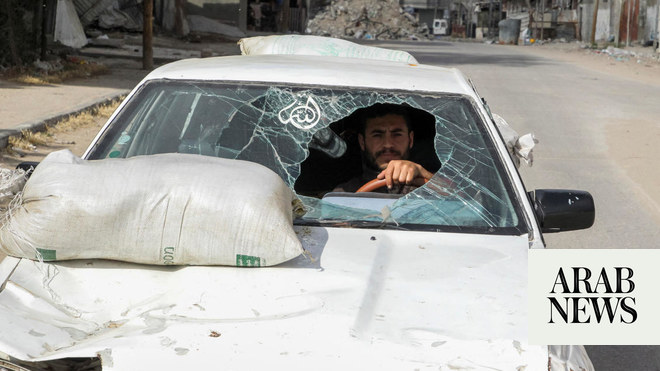
International donors pledged on Friday 414 million euros ($510 million) for the joint African force tackling extremists in the Sahel.
The pledges came at a summit in Brussels of 32 leaders and 60 delegations meant to show political, development and security support for Burkina Faso, Chad, Mali, Mauritania and Niger.
The 5,000-strong G5 Sahel force for the five countries was seeking around 400 million euros for its mission along mostly desert borders, including near Libya — the main jumping-off point for thousands of African migrants bound for Italy.
Donations to the G5 so far have been led by Saudi Arabia with 100 million euros, while the United Arab Emirates has given 30 million euros and the US $60 million.
Fridays high-level meeting attended by French President Emmanuel Macron and German Chancellor Angela Merkel and other top European leaders comes after two soldiers from Frances counter-terror force in West Africa were killed when their vehicle hit a mine in northeastern Mali.
The G5 force aims to train and equip 5,000 local troops to patrol hotspots and restore authority in lawless areas. As well as fighting militants, the force also tackles smuggling and illegal immigration networks that operate in the vast, remote areas on the margins of the Sahara.
Opening the conference, European Commission President Jean-Claude Juncker said "security and development must go hand in hand" in the Sahel, an area almost as big as the EU where a fifth of the population do not have reliable food supplies.
The bloc has budgeted nearly eight billion euros for development assistance in the Sahel from 2014 to 2020 and on Friday, France is expected to announce 1.2 billion euros over the next five years.
The EUs diplomatic chief Federica Mogherini said more pledges from individual countries were expected, saying "the price of not having peace has to be paid every day".
The amount pledged "goes far beyond our initial expectations," she added. "Its a tremendous result that allows us to begin putting the force into operation."
The G5 Sahel force has so far set up a headquarters and command structure and carried out two operations, with French support, in the troubled "tri-border" area where Mali, Niger and Burkina Faso meet.
Intended to become fully operational in mid-2018, the G5 Sahel force operates alongside Frances 4,000 troops in the area and the UNs 12,000-strong MINUSMA peacekeeping operation in Mali.
"We expect in 2018 that we will be delivering more in terms of body armor, counter-IED material, trucks and even a hospital which will be built, we think, in Mali later this year," an EU official said.
But missing from Fridays conference agenda is one of the major destabilizing factors in north Africa -- the chaos in Libya, which plunged into chaos after the fall of leader Moammar Gaddafi in 2011.
Rival forces are vying for influence across the oil-rich country, with two rival administrations governing different parts of the territory.
"The Libyan crisis has been, we know, the detonator of the degradation of the security situation in the Sahel, and day after day, it contributes to its amplification," said Niger President Mahamadou Issoufou, the current chair of the G5 Sahel group.
"We must put an end to this chaos by restoring the authority of the Libyan state to the whole of its territory."
"The Sahel is one of Europes frontiers. The Sahel is a shield, a dike that must never burst," Issoufou said. He reminded the leaders that "security is a global public good."
Macrons office said the fact so many countries were attending the Brussels summit was "proof of the collective realization of the Sahels importance for the stability of Africa and also Europe".
France insists the G5 force is not an "exit strategy" for Operation Barkhane, its own anti-extremist mission in the region.
The EU also insists the force is not just about security. Brussels said political help and development assistance are vital in a region wracked by extreme poverty, harsh climate, food shortages and health crises.
"We need to support these five countries, especially also to give hope to the next generations so that they have also a future in their own country," said Luxembourg Prime Minister Xavier Bettel.












